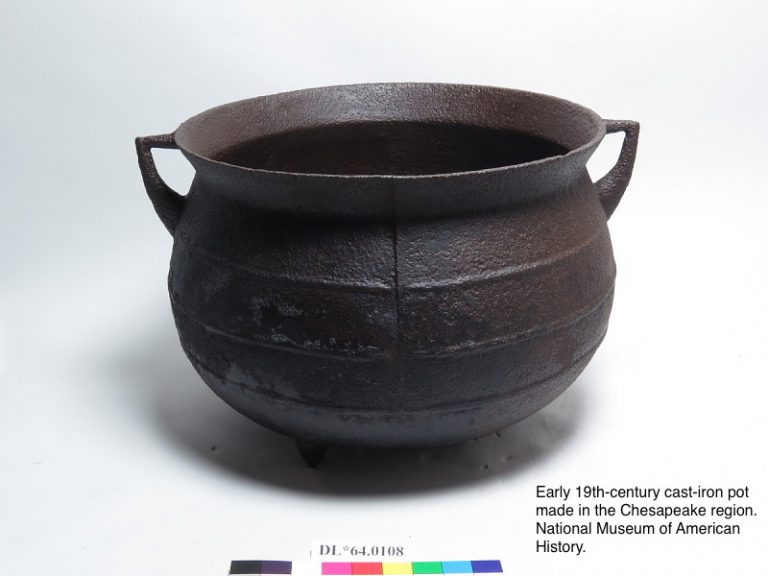Seminar on Environmental and Agricultural History (SEAH)
A World in the Pot: Approaching the Environmental History of Slavery Through Objects Tony Perry, Curator at the National Museum of American History

While scholarship on environmental history and the history of slavery abounds, few studies examine the points of convergence between these fields. In this talk, I discuss a methodological approach called material ecology that affords opportunities to explore the environmental history of slavery by centering enslaved people’s everyday lives. Enslaved people who were forced to provide skilled and unskilled labor, who spent their days in plantation homes and fields, who labored in cities or on peripheral industrial sites had distinctive experiences of the multi-form environment. Throughout early America, enslaved women and men leveraged stores of environmental knowledge to reckon with the fact of their enslavement, relying on the world at hand to sustain, enrich, and defend their lives. But only traces of these efforts appear in the archive. To write an environmental history of slavery that foregrounds enslaved individuals, I turn to objects that pervaded their lives, particularly objects that speak to a range of ecological relations between the enslaved and their environs. My talk outlines the contours of this object-oriented approach and demonstrates how it discloses local and global dimensions of enslaved people’s environmental experience.